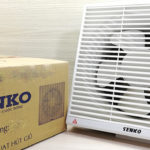Choosing home appliances can be a daunting task, as it involves a significant investment and directly impacts the quality of your daily life. With countless options and price points available on the market, selecting the right appliances that meet your needs and preferences can be challenging.
To help you make informed decisions and avoid costly mistakes, I’m here to share some practical tips based on my family’s three generations of experience in the home appliance business. These tips will guide you in choosing the perfect appliances for your home and ensuring a satisfying shopping experience.
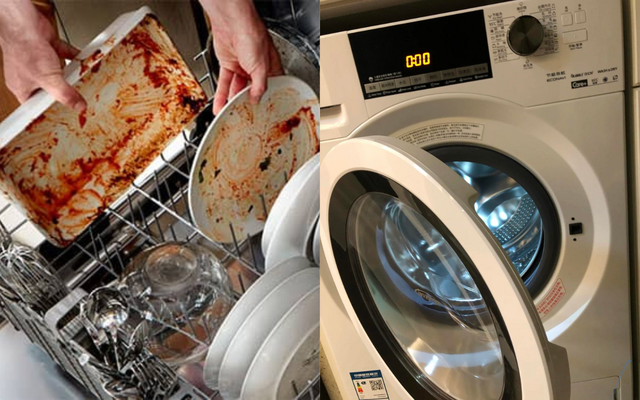
1. Tips for Buying a Refrigerator
First and foremost, pay close attention to the compressor (or block) of the refrigerator. Located at the back of the appliance, this component is responsible for generating cold air to keep your food fresh and optimally preserved.
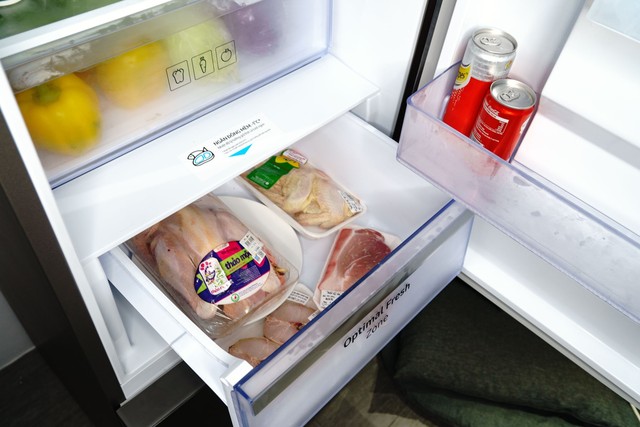
There are two types of compressors: conventional and inverter. Conventional compressors are the older technology, operating with an on/off cycle to maintain temperature, which tends to consume more electricity. Inverter compressors, on the other hand, are more advanced, as they can adjust their power output dynamically, resulting in quieter and more energy-efficient operation. Opting for a refrigerator with an inverter compressor will ensure better performance and energy savings.
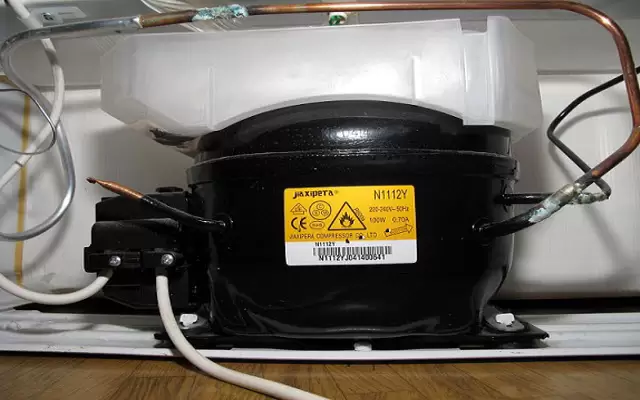
Compressor located at the back of the refrigerator
Additionally, don’t forget to check for any unusual noises or excessive vibrations when the refrigerator is running. These could indicate potential issues with the appliance.
Consider the refrigerator’s capacity as well, which should align with the size of your household. On average, a 400-liter refrigerator offers a comfortable capacity without being too power-hungry. However, if you live alone or as a couple, avoid the temptation to buy a mini-fridge, as it may not meet your needs in the long run.
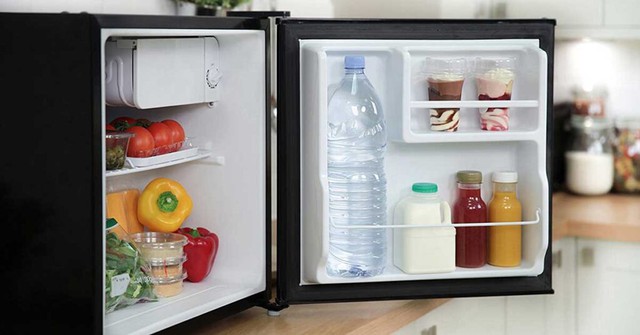
2. Tips for Buying a Television
Image quality is a crucial factor when selecting a TV. Choose a set with an appropriate resolution:
– Full HD (1080p): Ideal for TVs below 40 inches, offering clear and detailed images.
– 4K (Ultra HD): Recommended for TVs 40 inches and above, providing four times the number of pixels as Full HD for enhanced sharpness, detail, and color vibrancy.
– 8K: Found in high-end TV models, offering an ultra-high resolution but with limited 8K content available. Consider this option if you want to future-proof your purchase and plan to use the TV for an extended period.

In addition to image quality, pay attention to the TV’s memory configuration. This affects the smoothness of the TV’s performance, with higher memory configurations resulting in a more seamless viewing experience. A configuration of 4GB + 32GB is a good starting point, but feel free to opt for higher specs if your budget allows.
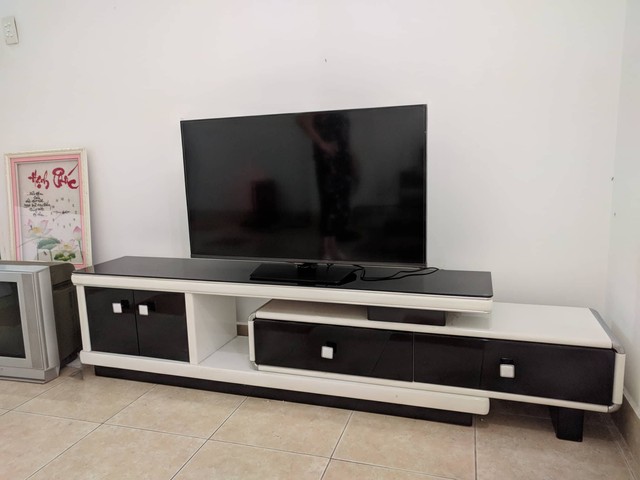
3. Tips for Buying a Washing Machine
When purchasing a washing machine, select a capacity that aligns with your household’s needs. For smaller families of 1-3 people, a 7-9 kg capacity machine should suffice, while larger families of 4 or more may require a capacity of 9-12 kg.
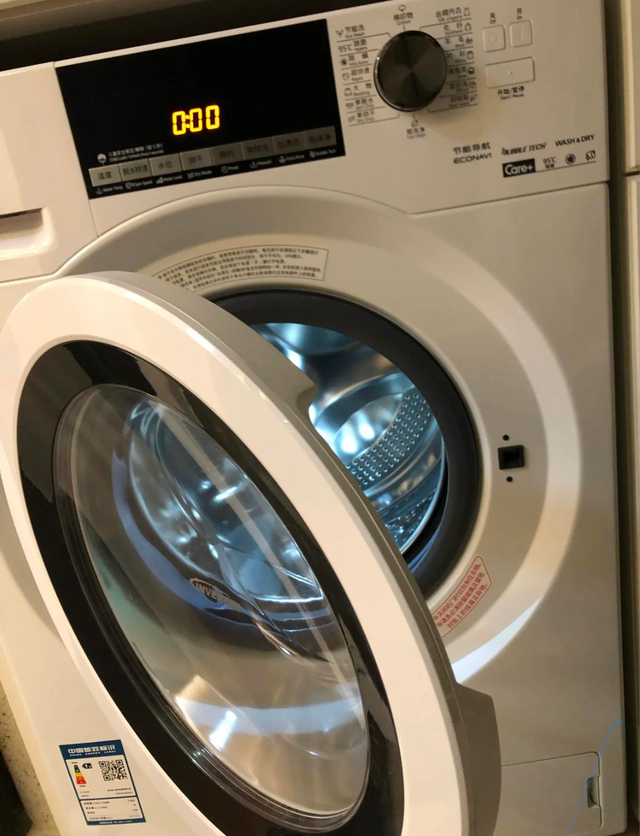
Additionally, consider your laundry habits. If you do laundry daily, a smaller-capacity machine will likely suffice, but if you prefer to wash larger loads less frequently, opt for a higher-capacity model.
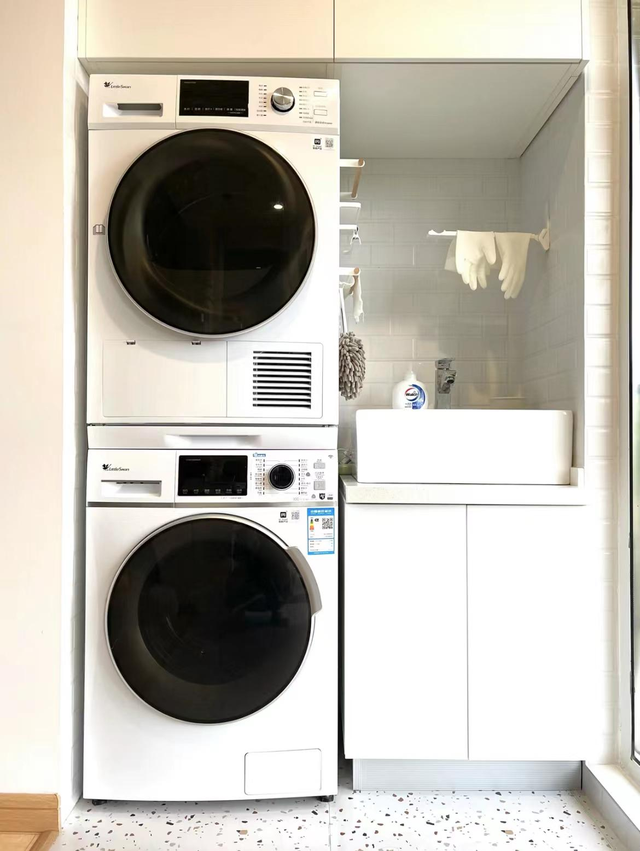
4. Tips for Buying an Air Conditioner
Selecting the right air conditioner for your space is crucial for effective cooling and energy efficiency. Air conditioner capacity is typically measured in BTU (British Thermal Units) or kW (kilowatts), and choosing the appropriate capacity for your room size is essential.
As a general rule of thumb, the larger the room, the higher the capacity you’ll need. For instance, a small room under 15 square meters would require an air conditioner with a capacity of around 2.6 kW, while a room between 15 and 20 square meters would call for a 3.5 kW unit. For larger spaces between 20 and 30 square meters, consider a 5.2 kW air conditioner.
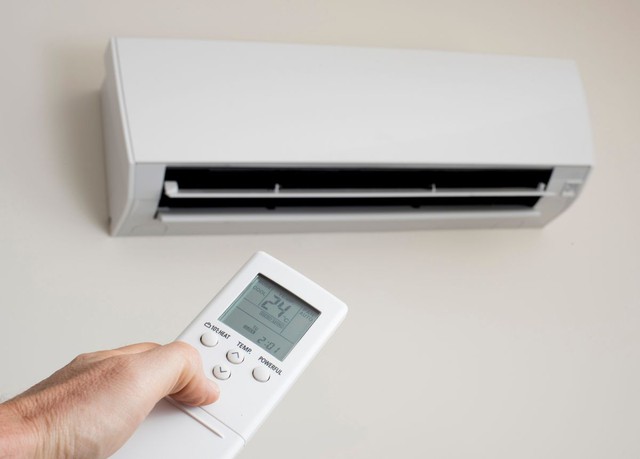
5. Tips for Buying a Dishwasher
When investing in a dishwasher, opt for a model that utilizes hot air drying. This method prevents bacterial growth and ensures your dishes are thoroughly cleaned and sanitized.
Additionally, consider choosing a dishwasher with a preservation function, which prevents bacterial contamination after the washing cycle, keeping your dishes clean and safe. This feature is particularly useful for busy individuals and families who may not unload the dishwasher immediately after a cycle completes.
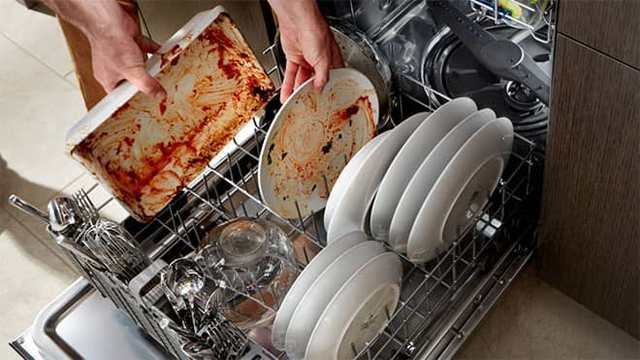
Source: Toutiao
Tips for Prolonging the Life of Refrigerator Labels
Are you looking for a way to keep your longan delicious and fresh for a long time? This article provides helpful advice for choosing high-quality longan and correctly storing it in the refrigerator for year-round enjoyment.





























